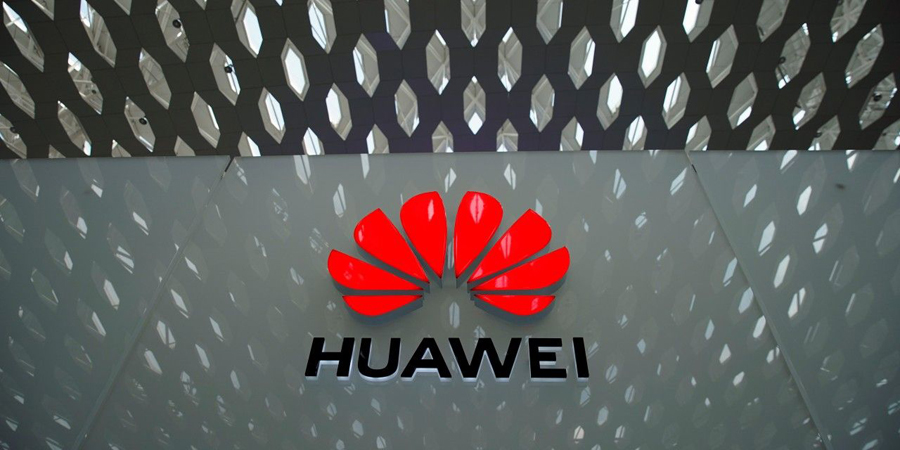Huawei today released a white paper on innovation and intellectual property (IP), and warned against the issue being politicized. Speaking at a press conference at the company’s headquarters, Song Liuping, Huawei’s chief legal officer, said that IP is the cornerstone of innovation and its politicization threaten progress across the world.
“If politicians use IP as a political tool, they will destroy confidence in the patent protection system. If some governments selectively strip companies of their IP, it will break the foundation of global innovation,” said Song.
The paper, titled “Respecting and Protecting Intellectual Property: The Foundation of Innovation,” elaborates on Huawei's practices in and contributions to innovation and the protection of IPR.
It notes that innovation and intellectual property protection lie at the heart of Huawei’s success over more than 30 years. As of the end of 2018, Huawei has been granted 87,805 patents, of which 11,152 are U.S. patents. Since 2015, Huawei has received over 1.4 billion U.S. dollars in licensing revenue.
Aside from accumulating patents of its own, Huawei has also paid more than 6 billion U.S. dollars in royalties to legally implement the IP of other companies, with nearly 80% of that paid to American companies, according to the document.
Intellectual property is private property, protected by the law, and disputes should be resolved through legal proceedings, said Song, adding that in the past 30 years, no court has ever concluded that Huawei engaged in malicious IP theft, and Huawei has never been required by the court to pay damages for this.
Huawei’s collaborative and respectful approach to IP is demonstrated by the simple fact that many of its technology breakthroughs are incorporated into the open standards that govern 3G, 4G and 5G. As a result, even though some countries do not buy products directly from Huawei, they still use the essential patents of Huawei, and share in the benefits of the technology Huawei creates, said Song.
Song also addressed Huawei’s stance on its use of patents, saying the company will not weaponize its portfolio of patents. Rather, he said, Huawei will adopt an open and cooperative attitude and follow the FRAND principle, or “fair, reasonable, and non-discriminatory,” when engaging with relevant parties in the industry on patents licensing.
“As always, Huawei is ready and willing to share our technology with the world. That includes 5G. It includes U.S. companies and U.S. consumers. Together, we can drive our industry forward and advance technology for all mankind,” said Song.
The document also elaborates on how sustained innovation has helped Huawei’s success; how Huawei’s innovation brings huge social value; and Huawei’s stance on the use of third parties’ IPR and its own.





